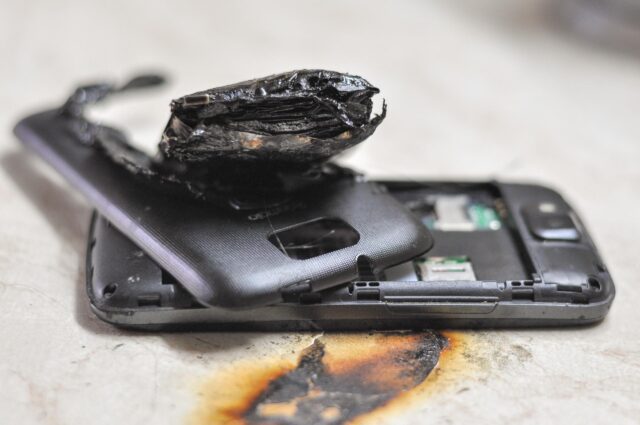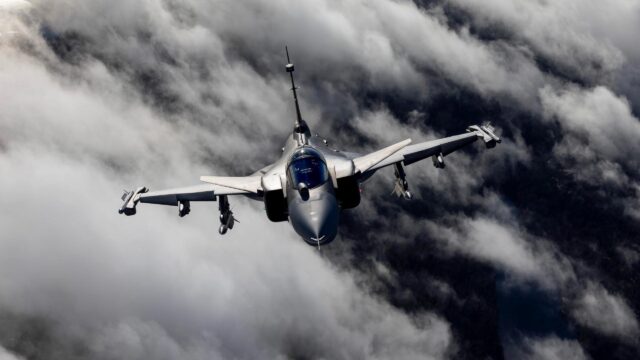Space-based AI aims for real-time Earth observation intelligence
Space communications company Comsat Architects and satellite technology developer Ubotica Technologies are joining forces to integrate artificial intelligence (AI) and Earth observation technologies into small satellites for low Earth orbit…

Space communications company Comsat Architects and satellite technology developer Ubotica Technologies are joining forces to integrate artificial intelligence (AI) and Earth observation technologies into small satellites for low Earth orbit capable of providing “live Earth intelligence” – continuously updated insights about Earth’s changing conditions.
As the companies explain their vision, images today are captured from orbit and sent to Earth, where processing can take days. Ubotica integrates onboard image processing and AI inference intelligence directly on the satellite, unlocking real-time insights. Integrating this technology with communications would mean these insights reach users on Earth within seconds, enabling actionable decision-making. Comsat Architects will develop Ubotica’s SPACE:AI onboard platform to develop autonomous communications networks and routing algorithms for constellations of small satellites.
“This strategic collaboration signifies a major milestone in harnessing the combined expertise of Comsat Architects and Ubotica to advance AI technologies in space systems,” said Comsat chief executive Kul Bhasin. “We are thrilled to collaborate with Ubotica, exploring AI applications as we engage in the commercial space economy.”
Comsat Architects and Ubotica plan to explore cloud detection technology on satellite image data. Sample use cases of this technology include situational awareness, early detection, and Earth system monitoring.
“We are delighted to work with Comsat Architects,” said Fintan Buckley, CEO of Ubotica. “AI has the power to transform life on Earth. Our work with Comsat Architects brings this transformation to space, revolutionizing how we observe and interact with our planet.”
Subscribe to the FINN weekly newsletter
















